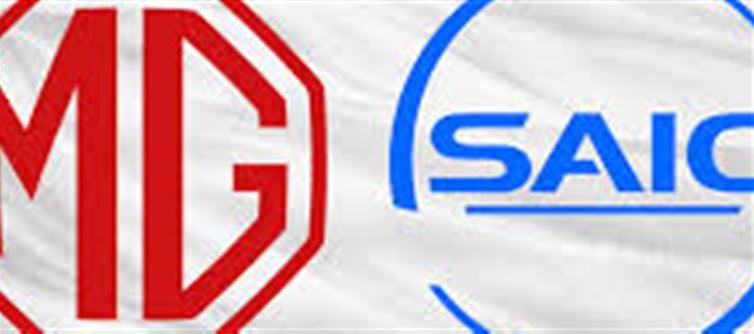
China’s SAIC Motor, a leading global automobile manufacturer, is planning to cut its stake in its joint venture (JV) with India’s JSW Group and halt new investments in the country. This strategic move highlights the growing impact of geopolitical tensions on the automobile sector.
1. About the SAIC-JSW Joint Venture
The partnership between SAIC Motor and JSW Group was aimed at expanding electric vehicle (EV) and automobile production in India. The JV focused on leveraging SAIC’s technology and JSW’s manufacturing capabilities to produce affordable and efficient vehicles for the indian market.
2. Reasons Behind the Stake Reduction
SAIC Motor’s decision to reduce its stake comes amid political strain between china and India. These tensions have influenced business confidence and investment strategies, leading global companies to reassess operations in sensitive regions.
3. Impact on Fresh Investments
Alongside reducing its stake, SAIC has halted plans for fresh investment in India. This pause may delay upcoming EV projects and manufacturing expansions, affecting production timelines and strategic partnerships in the indian automotive sector.
4. Effect on indian Automobile Industry
- Potential slowdown in joint EV projects and infrastructure development.
- May impact employment opportunities in JV facilities.
- Opens opportunities for domestic and other foreign investors to step in.
- Highlights the need for diversified supply chains to reduce geopolitical risks.
5. Looking Ahead
Industry experts believe the long-term impact will depend on diplomatic and trade relations between china and India. JSW and other indian partners may seek alternate investors or local collaborations to continue projects. Meanwhile, policy support from the indian government could encourage continuity in automobile manufacturing and EV initiatives.
Takeaway: SAIC Motor’s decision to reduce its stake in the india JV with JSW underscores how geopolitical tensions are influencing business decisions in the global automobile industry. While it may temporarily affect EV projects, India’s growing market and domestic capabilities offer alternative pathways for growth and investment.
Disclaimer:
The views and opinions expressed in this article are those of the author and do not necessarily reflect the official policy or position of any agency, organization, employer, or company. All information provided is for general informational purposes only. While every effort has been made to ensure accuracy, we make no representations or warranties of any kind, express or implied, about the completeness, reliability, or suitability of the information contained herein. Readers are advised to verify facts and seek professional advice where necessary. Any reliance placed on such information is strictly at the reader’s own risk..jpg)




 click and follow Indiaherald WhatsApp channel
click and follow Indiaherald WhatsApp channel